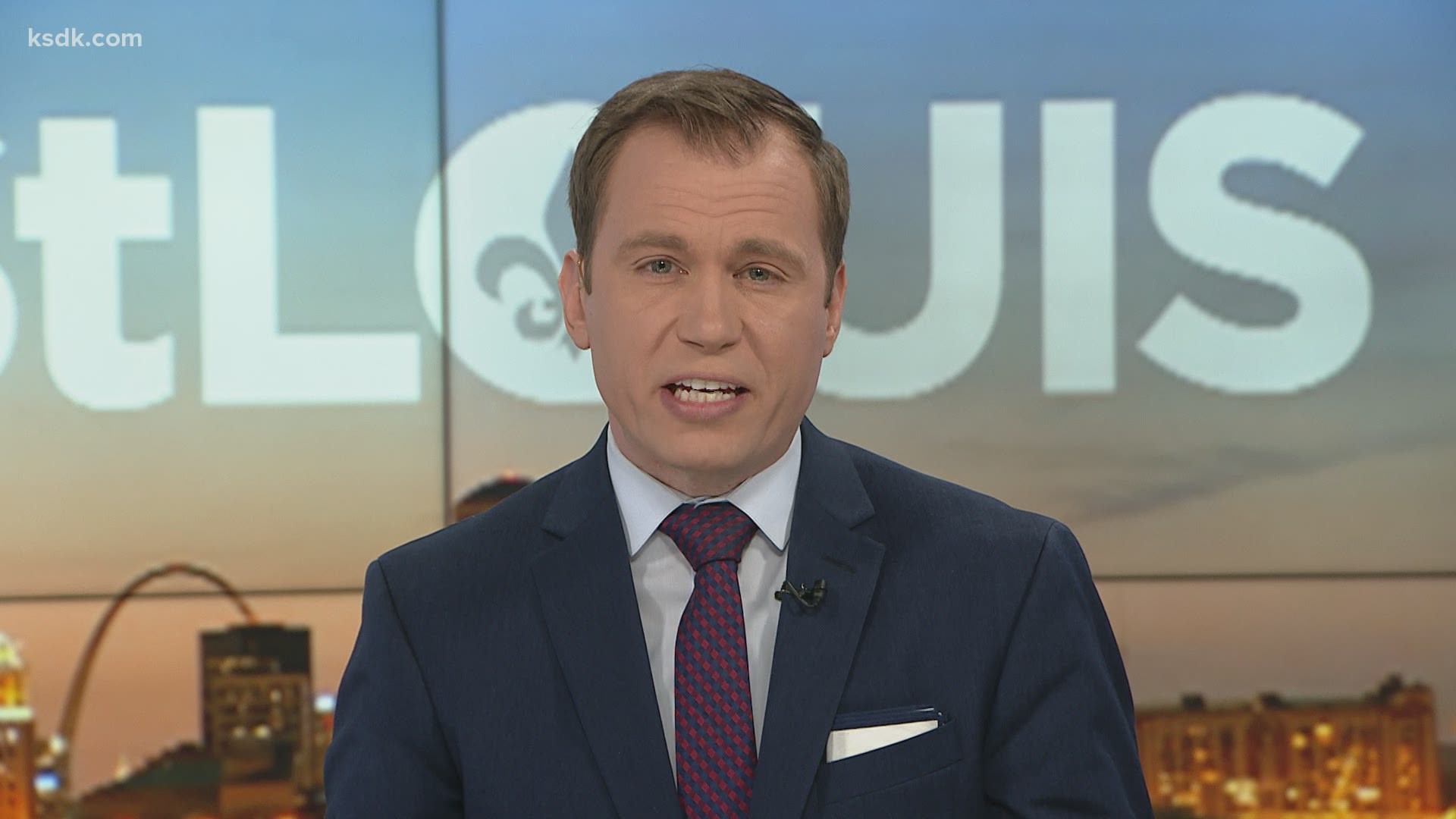JEFFERSON CITY, Mo. — Poor Missouri families could get money to pay for their children to go to private schools through a tax credit program given initial approval Wednesday in the state House.
Under the proposal, private donors would give money to nonprofits that in turn would dole out the scholarships. The money could be used for private school tuition, transportation to school, extra tutoring and other education-related expenses.
Donors to the program would get state tax credits equal to the amount they give.
Only students in cities with populations of at least 30,000 people or more could access the scholarships. That includes some of the largest suburbs around St. Louis and Kansas City, along with Springfield and Columbia and others.
Bill sponsor Republican Rep. Phil Christofanelli told colleagues that he limited the program to larger cities in an effort to get support from rural Republicans who don't want it in their areas. Students in Christofanelli's home of St. Peters would get access to the scholarships.
The limit turned off both Democrats and some Republicans from smaller cities who want the program in their school districts.
Rep. Raychel Proudie, a Ferguson Democrat, slammed Republicans who voted to allow the scholarships in urban areas but were unwilling to bring the program to their own cities. She said lawmakers should instead focus on addressing housing discrimination, which she said is the root of disparities in education.
“If it's not good for your community and your kids, it's not good for mine," she told colleagues on the House floor. "So stop using poor kids and Black kids to experiment on. We pay taxes, too.”
Lawmakers voted 83-71 in favor of the measure, barely meeting the 82-vote threshold needed to advance the bill. The legislation needs another vote of approval to go to the state Senate for consideration.
Some Missouri lawmakers, primarily Republicans, have been pushing to expand what advocates call school choice programs for years. The effort has high-profile advocates this year, both in new Republican House Speaker Rob Vescovo and Republican Senate Majority Leader Caleb Rowden.
Still, proponents of virtual education, more charter schools and greater access to private schools have struggled to build consensus, even with Republicans leading both chambers of the Legislature. That's because many Republicans from rural areas are skeptical of efforts that could pull money away from public education.
Lawmakers on Wednesday amended the bill to continue require continued state funding to public schools for students who leave under the program for five years, an effort to address those concerns. They also added a provision requiring the Legislature to meet higher funding levels for public school transportation in order for the bill to take effect.
The program also would be capped at $75 million in scholarships per year.

